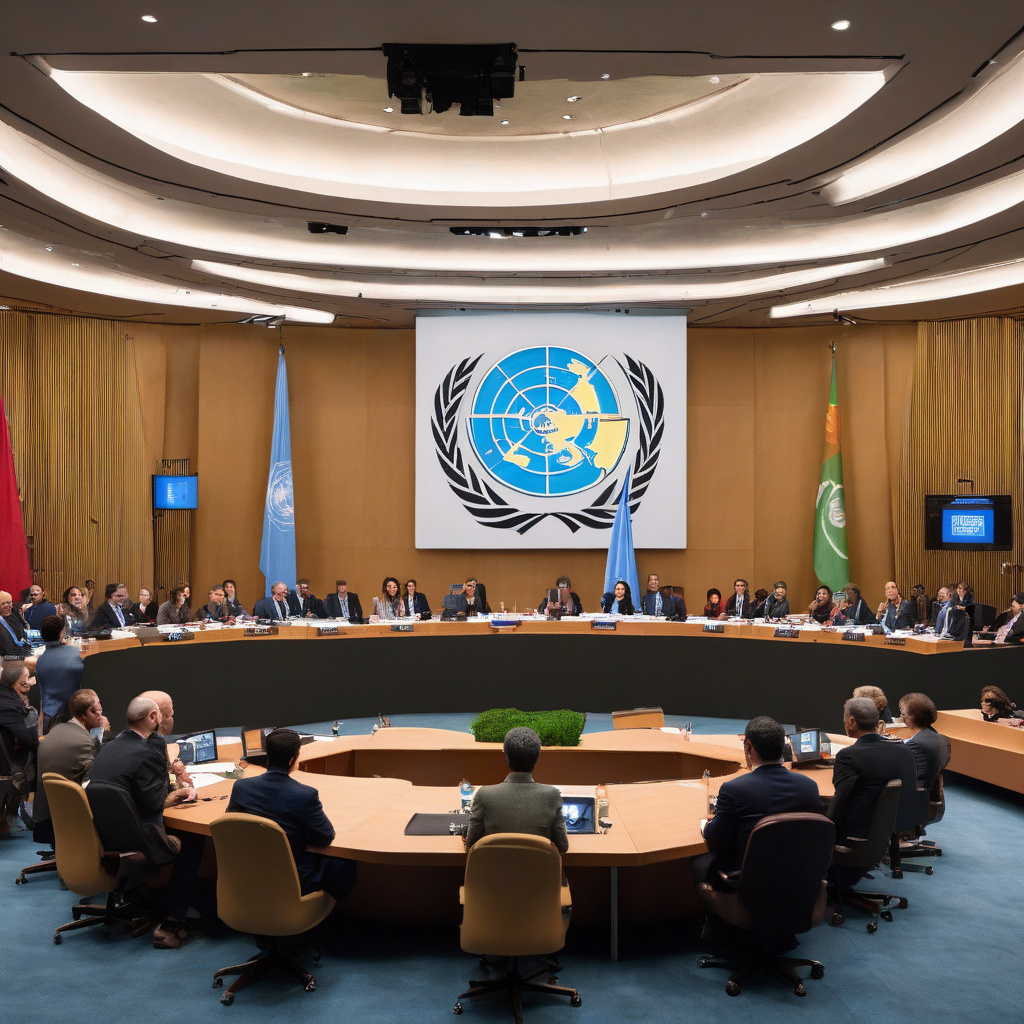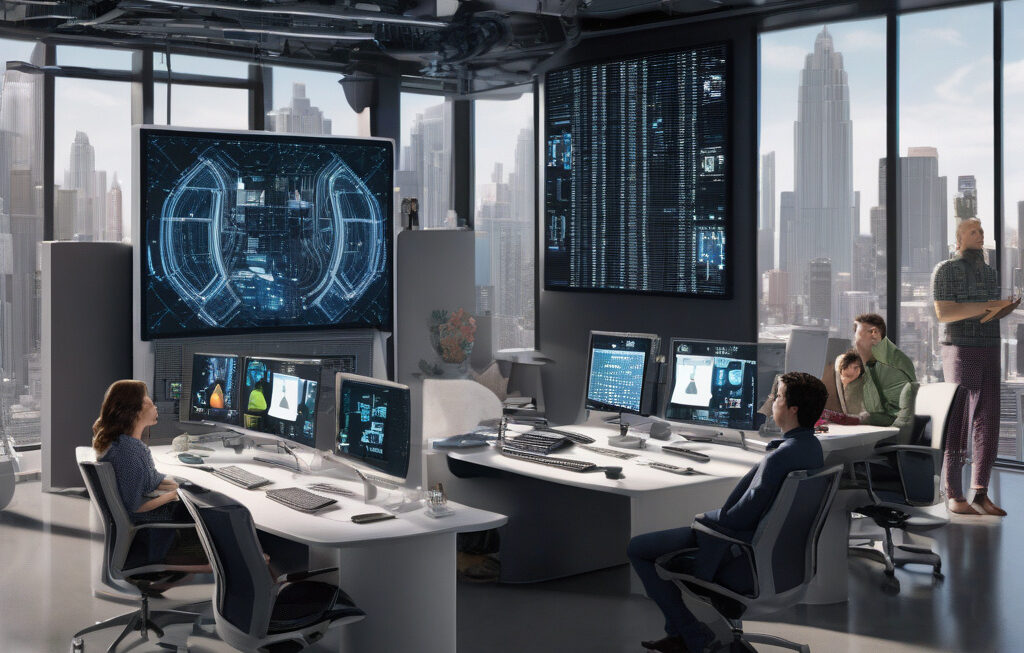Harnessing AI for Sustainable Development: A Call to Action by UN Climate Chief ahead of COP30
In the ever-evolving landscape of climate change mitigation, technological advancements have proven to be powerful allies in our quest for a sustainable future. Recently, Simon Stiell, the UN climate chief, has emphasized the pivotal role that Artificial Intelligence (AI) can play in enhancing planning, energy management, and climate risk mapping. However, Stiell also cautions that the key to maximizing the potential of AI lies in using it wisely to complement rather than replace human skills.
AI, with its ability to analyze vast amounts of data at speeds far surpassing human capabilities, presents unprecedented opportunities for addressing climate challenges. By leveraging AI technologies, governments, businesses, and organizations can make more informed decisions in their efforts to reduce carbon emissions, optimize energy consumption, and build resilience against the impacts of climate change.
One of the most significant advantages of AI in the context of sustainable development is its potential to revolutionize energy management. By utilizing AI-powered systems, energy grids can be optimized to match supply and demand more efficiently, leading to reduced energy wastage and lower carbon footprints. Additionally, AI can enable predictive maintenance of energy infrastructure, helping to prevent costly breakdowns and minimize environmental risks.
Furthermore, AI has the capacity to enhance climate risk mapping by processing complex environmental data and identifying vulnerable areas that require immediate attention. This capability is particularly crucial in the face of escalating climate-related disasters, such as wildfires, floods, and extreme weather events, which necessitate proactive measures to protect communities and ecosystems.
Despite the undeniable benefits of AI, Simon Stiell’s emphasis on using this technology wisely underscores the importance of ethical considerations and human oversight. While AI algorithms can provide valuable insights and streamline processes, they are not immune to biases or errors. Therefore, it is essential to ensure that AI systems are designed and implemented in a transparent and accountable manner to avoid unintended consequences.
Moreover, Stiell’s call for action on AI, energy, and finance ahead of COP30 highlights the interconnected nature of these domains in the fight against climate change. For instance, integrating AI into sustainable finance practices can enable more accurate risk assessments and investment decisions, driving capital towards environmentally friendly projects and technologies.
In conclusion, as we stand on the brink of COP30, the time is ripe for stakeholders across sectors to heed Simon Stiell’s call and embrace the transformative potential of AI in advancing our collective climate goals. By harnessing AI to enhance planning, energy management, and climate risk mapping, we can pave the way for a greener, more sustainable future for generations to come.
#AI, #SustainableDevelopment, #ClimateChange, #COP30, #UNClimateChief











